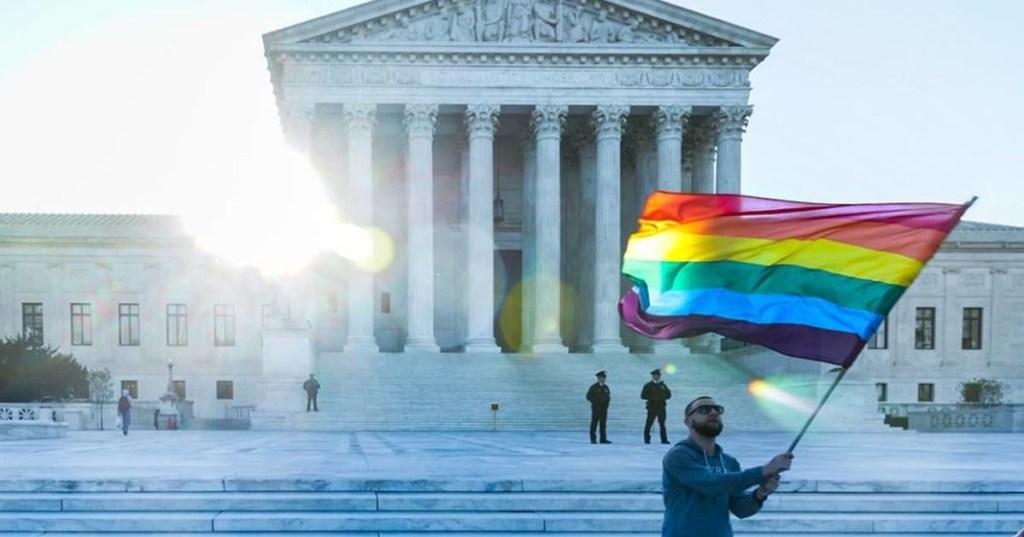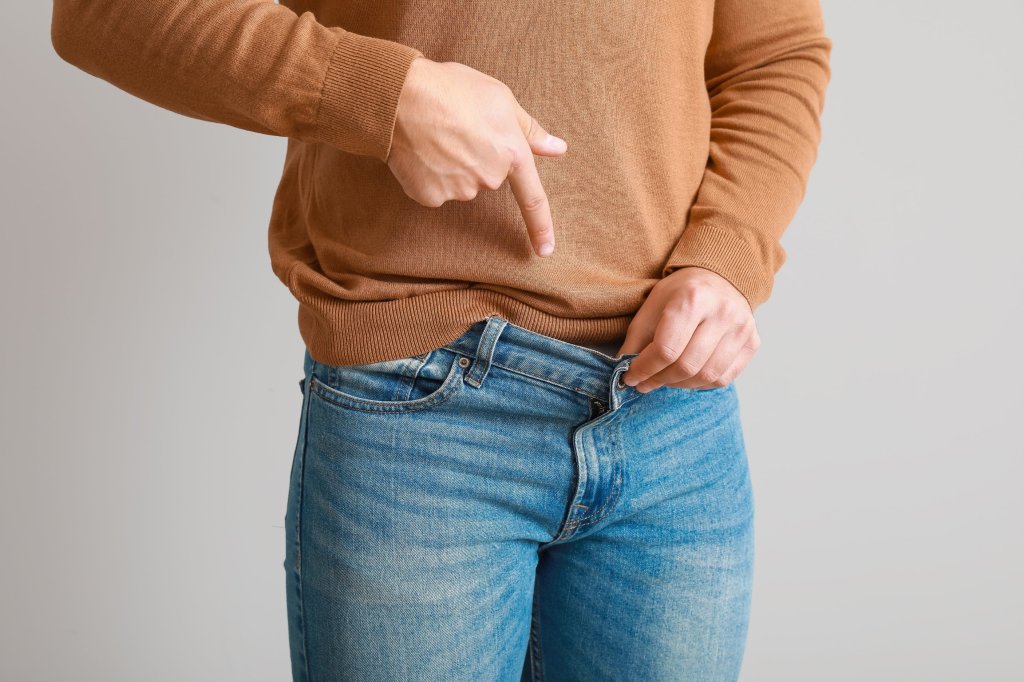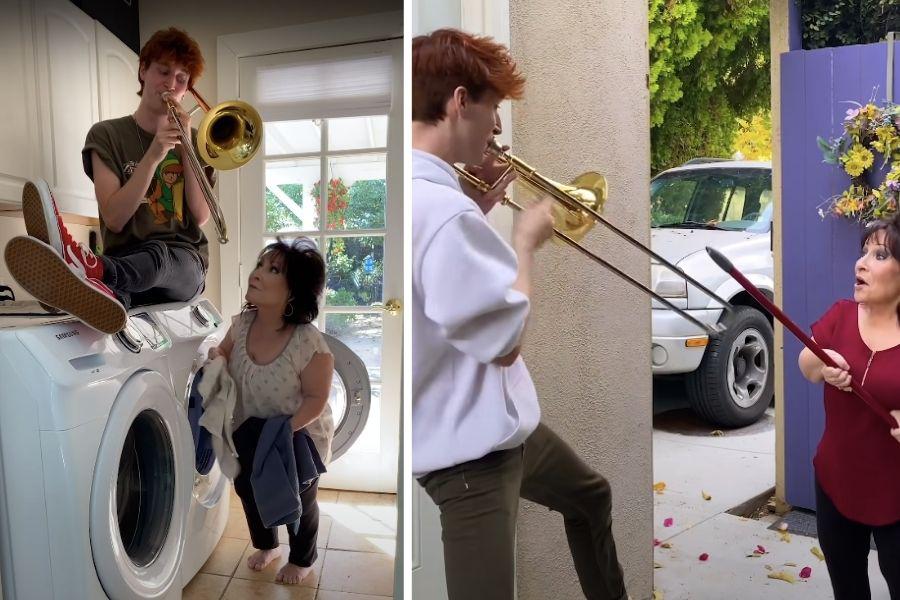When same-sex marriage was legalized in the United States in 2015, a lot of conservatives and religious folks predicted it would be the end of the world.
In fact, on the day same-sex marriage was made legal, searches on the popular website Bible Gateway for “end times” reached an all-time high. Evangelical preacher Pat Robertson claimed that after the decision we’d all be having relations with animals.
“Watch what happens, love affairs between men and animals are going to be absolutely permitted. Polygamy, without question, is going to be permitted. And it will be called a right,” Robertson said.
Well, the world didn’t end and no one has married their cat … yet. But what did happen was a surge of economic activity.

A new study by the The Williams Institute found that since same-sex marriage was legalized nationwide in the United States in 2015, LGBT weddings have boosted state and local economies by an estimated $3.8 billion.
“Marriage equality has changed the lives of same-sex couples and their families,” the study’s lead author Christy Mallory, said in a statement. “It has also provided a sizable benefit to business and state and local governments.”
Since Massachusetts first legalized gay marriage in 2004, more than half a million same-sex couples have married in America.
The economic impact of same-sex marriage has created more than 45,000 jobs and generated an additional $244 million in state and local taxes. Over $500 million in revenue has been generated by friends and family members traveling to and from same-sex weddings.
Anyone who’s throwing a wedding in the past 20 years knows the costs for a wedding, straight gay or otherwise, is incredible. The average cost for a wedding in 2020 is $31,000.
The findings by The Williams Institute are part of a lager economic trend suggesting the LGBT inclusion mainstream society has tremendous economic benefits for all.
A 2018 study noted that LGBTQ inclusion “increases economic performance, measured as GDP per capita,” and provided “significant support for linkages between LGBT inclusion and stronger economies at the macroeconomic level.”
The Williams Institute says its findings suggest that “passing laws to recognize the rights of LGBT people in participation in the marketplace, families, and important institutions may have positive effects on the economy. Also, efforts to improve public attitudes toward LGBT people may have positive effects on the economy, either alone or in combination with legal rights.”
So it looks like same-sex marriage and LGBT inclusion, in general, is great for the economy. Unless, of course, you’re one of those cake companies who refused to bake cakes for same-sex couples.Those folks really missed out on the big gay pay day.






























